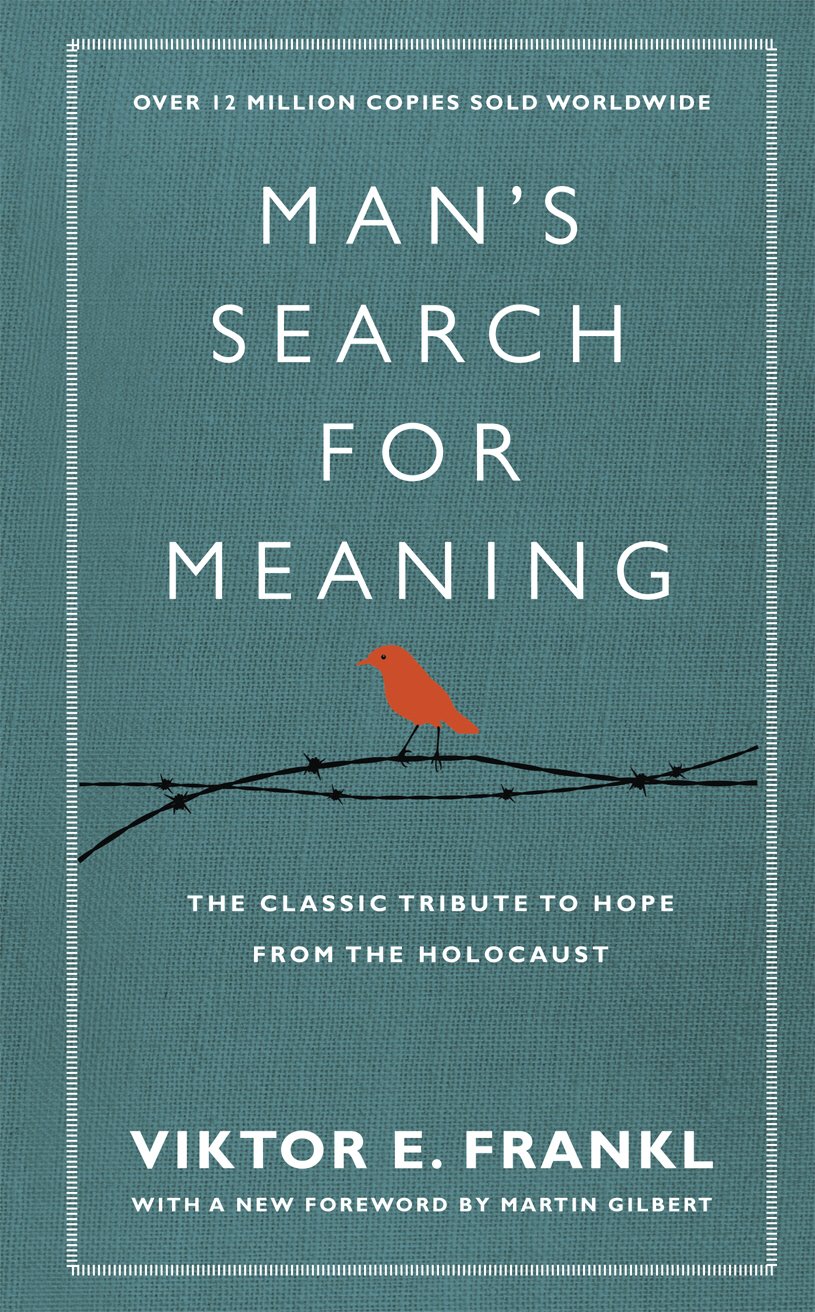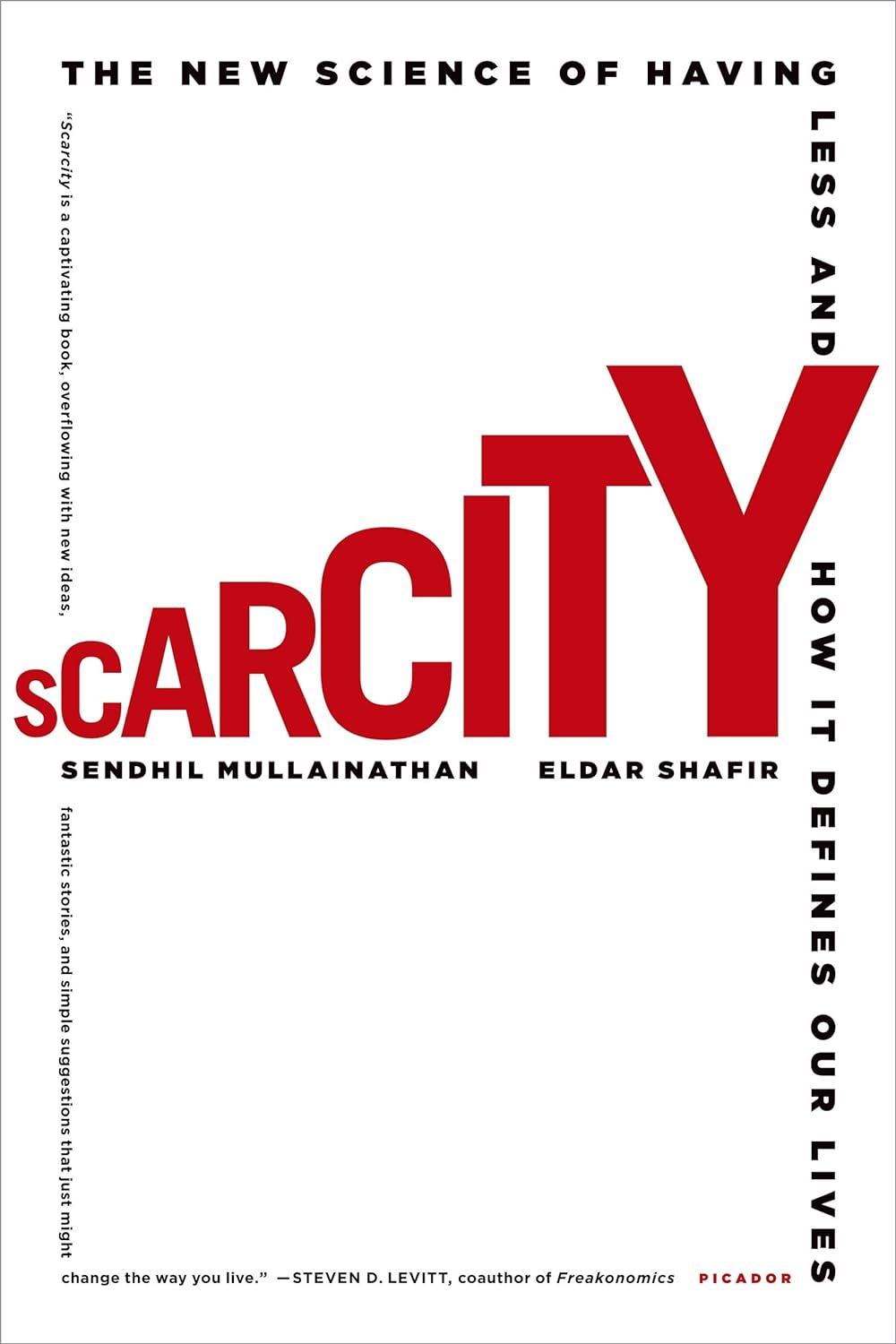Man's Search for Meaning, by Victor Frankl, is a classic book that shows up on many lists of books that one must read in their life. There is good reason in this. The first section of the book is all about Frankl's experience in the concentration camps of Nazi Germany, and it's truly horrific. If you're only going to read part of the book, read the first section.
The second section of the book deals with Logo Therapy, the foundation that Frankl uses to in his psychiatry practice. While there are some interesting tidbits here, read the book for the first section. Any benefit in the second section is merely bonus value.
This won't be a review, instead I'll be looking at a few threads that connected Man's Search for Meaning to other reading I've done.
Finding a Meaning
We who lived in concentration camps can remember the men who walked through the huts comforting others, giving away their last piece of bread. They may have been few in number, but they offer sufficient proof that everything can be taken from a man but one thing: the last of human freedoms - to choose attitude in any given set of circumstances, to choose one's own way. 1
This is one of the key points that is regularly cited from the book. You can choose how you behave no matter the circumstances. The life people lived in concentration camps is as bad as it gets in any life. You'll have a hard time arguing that almost any circumstance anyone encounters today, no matter how bad, was so much worse than a Nazi concentration camp that the statement about choosing your behaviour can't apply to a different appalling situation.
In Scarcity, we read that in the midst of having little and fighting for the little you have it's near impossible to make the decisions needed to think of the future. Yet in Frankl's book we see people thinking of the future in the midst of far more scarcity than most of the world's population sees. According to Frankl, it's a future goal that allows people to continue to live and choose good behaviour in the midst of these issues. It's having a purpose outside yourself, like living for your family that may still be alive or for some great work you have left unfinished.
That doesn't mean that suffering is necessary for meaning though2, only that in the midst of great suffering you can still find meaning.
Frankl also makes it clear that he doesn't feel we want an easy cruise through life, that struggling towards a worthwhile goal gives people meaning3. This made me wonder if how much a disservice we do our children when we smooth away all struggle for them in their early years. The Second Mountain talks about telling kids they can do anything, after they've lived in the most controlled childhood in history. Can they even fathom freedom and what do do with it after being in easy sailing jail for their formative years?
Future Goals
What gives us a good future goal?
According to Frankl, those that lost their future goal headed towards decline4. Once they gave up on their family or their great work they'd contemplate and attempt suicide.
This idea has me wondering about incel culture. Men who want a sexual partner yet can't find one. They had a future goal, and feel that society ripped it away from them.
The Case Against Education talked about this phenomenon as well when it looked at education as a race to signal conformity to societal norms. If we take it's argument that education is mostly a milestone to show that you will honour societal norms, and that the goal keeps moving as more people run the race, but further, it's hard to come to any conclusion that many people have been forcibly excluded from any chance at winning at the race. If they run it, and graduate (which many don't) they still have a huge weight of debt that drags them away from achieving the dream that society has placed as a norm.
Note, in no way do I condone any conduct associated with incel culture.
Further to this point, The War on Normal People (watch for that review coming) talks about automation taking away decent paying jobs from people with less skills. It also talks about many people not being suited or desiring programming style jobs that will bring us the automation of the future. Instead, these men check out with video games and involve themselves in incel culture.
In iGen, Gene Twenge, showed that online life makes it easy to dehumanize those we don't see in front of us. Digital Minimalism talked about screens being low-bandwidth communication devices which don't convey the full gamut of human emotion. They don't provide a great way for us to understand the affect our actions have on the emotions of the people we interact with. Does this trend towards loss of the desired future goal for men lead us in a straight line to the white supremist and incel culture that wants to dwell on the retrospective thinking that Frankl says comes along with the loss of your future goal?
Retrospective thinking is when you think that whatever was in the past was better than what is current. White supremists think that it was better when people of colour served and white people were in power or when women were subservient instead of now when they graduate college more and thus have better prospects and see few men that match them for education and thus few to be suitable mates.
Loss of Tradition and Loss of Meaning for Men?
Another interesting idea that Frankl put forward was that as we loose tradition questions of meaning that would have gone towards a rabbi or pastor now go towards a professional psychiatrist5. Men don't go see a psychiatrist because it's not an activity that "strong" men do. Emotions outside of sexual conquest and domination of women are a risk for men since it is a sign that they don't conform to the norms of manhood.
Instead men resort to showing manhood by talking about how they have sexual power over women6.
No longer do we raise a barn together, or work on a community fence project. Both of these activities give men an opportunity to work side-by-side and then discuss life and possibly get outside of the culture of manhood. Instead they exist in their own isolated bubble and the confirmation bias of algorithms keeps bringing them information that helps them believe they are the aggrieved party.
One interesting note from Underground Girls of Kabul, is that for a "gender project" that is meant to better the lives of women to succeed we need to include men in it. When service groups headed into Afghanistan and dealt only with women, ignoring the largely unemployed men who had few prospects, men easily fell into the feeling that the efforts were specifically anti-men. Nordberg instead suggests that men be brought in so that they feel like partners in expanding the roles of women.
Would giving men more chances to achieve the future goals that society tells them makes a good man help them be more receptive to equality for women? Specifically, addressing white men that feel they have no prospects and get involved in incel culture, would that help insulate them from getting involved at all because they have something else to look towards in a future goal that is achievable?
Men have lots of stuff to work out and male feelings/needs have been a focus for a long time. Men need to get over themselves, I'm just wondering what would help them do that? We need to change the moral ecology of men if they're going to drop misogyny en masse.
Should You Read Man's Search for Meaning by Victor E. Frankl?
Yup.
That's really all there is to say outside of my reminder again that most of the value is found in the initial section on his concentration camp experience. It's a bit gruesome, but it's crucial to have some experience with the depravity of people to help insulate us against it happening again.
Purchase Man's Search for Meaning: Independent Bookstore | Amazon


